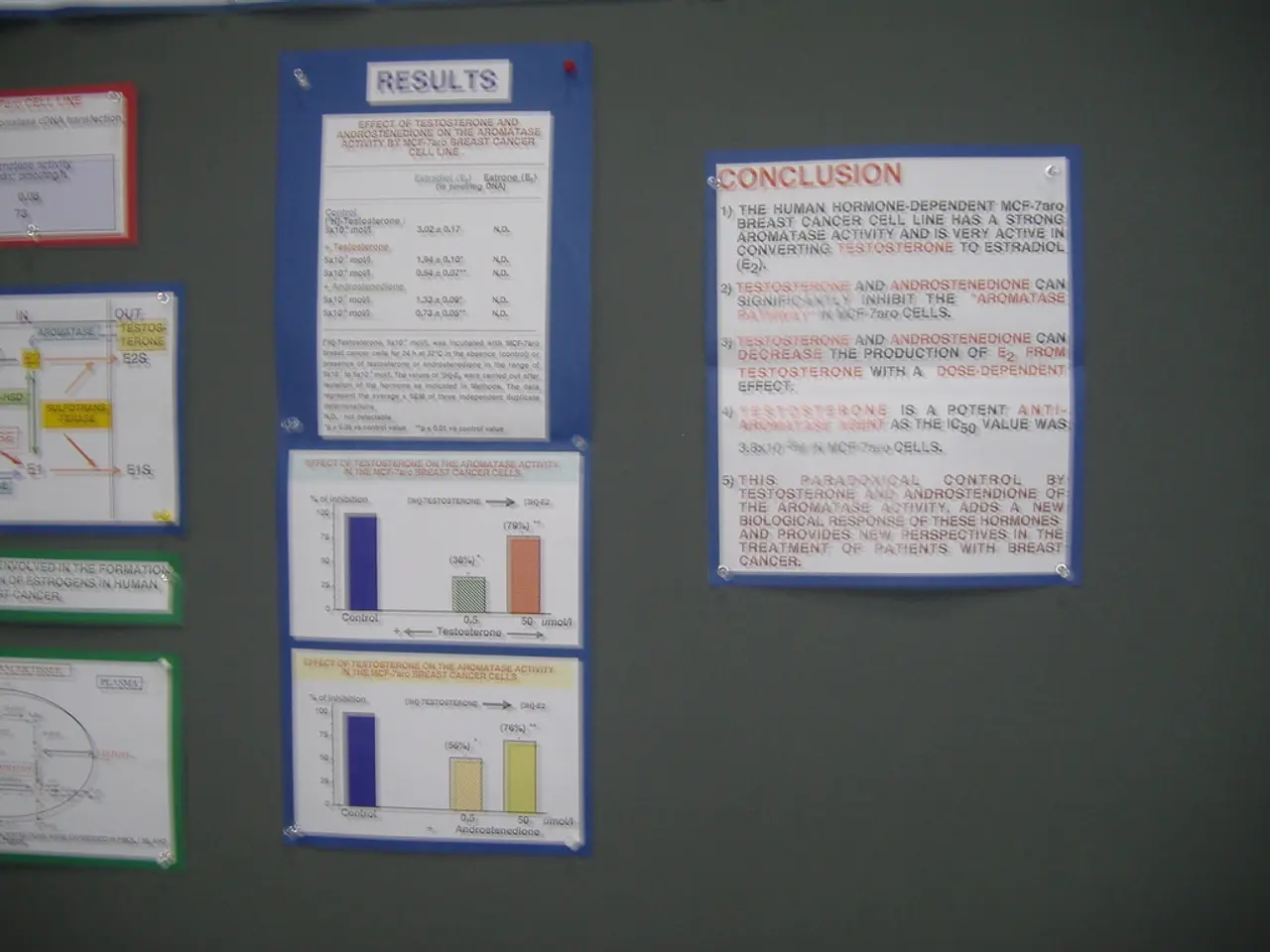Countdown to the End: Prioritizing Importance in Your Final Work Stage
In the final phase of an employment relationship, it's essential to prepare for a professional farewell that ensures a smooth transition for all parties involved. Career expert Stefanie Bickert, from Indeed, offers valuable advice on this matter.
Organizing Files and Transitioning Responsibilities
Cleaning and organizing your work files—both physical and digital—is crucial for a seamless handover. Prepare detailed handover notes outlining ongoing projects, key contacts, and deadlines. Coordinate with your manager or team members who will cover your responsibilities after departure, and update internal systems, such as directories, email lists, and shared calendars, to reflect your exit and transition plan.
Saying Goodbye Personally
Express gratitude individually to colleagues, supervisors, and clients where appropriate, recognizing their contributions and support. Send a thoughtful goodbye email summarizing your appreciation, providing your contact information, and clarifying who will take over your duties. Maintain a warm but professional tone, avoiding inside jokes or overly casual language that might not suit everyone. When saying goodbye in person, keep remarks brief and gracious.
Emotionally Closing
Acknowledge the significance of your experience and relationships, sharing positive reflections briefly. Avoid oversharing personal reasons for leaving in public farewells to maintain professionalism and privacy. Use the farewell email or personal conversations to express appreciation and optimism for the future without delving into negative emotions. Set an out-of-office message for your final days that balances professionalism with gratitude and optimism, mentioning transition details and alternative contacts if needed.
Preparing for feelings of nostalgia or sadness is recommended if one enjoyed their work. It's important to ensure a smooth transition during the last days at work, by clarifying tasks to be handed over to supervisors and supporting the team in creating succession structures. Noting down three things that helped personal and professional growth, and one thing learned about oneself, can make the new start clearer.
Stefanie Bickert advises that it's possible to move on even if the time in the company was meaningful. If leaving an employer due to problems and conflicts, it's crucial to see a good handover as the last proof of professionalism, rather than acting impulsively. Reflecting on experiences, both positive and negative, can help in the emotional closure process.
In sum, the key to a professional farewell is planning your exit thoughtfully, communicating clearly and warmly, and closing with respect and positivity, ensuring the transition is smooth for all parties while leaving a good lasting impression. According to Stefanie Bickert, whoever leaves consciously, arrives better.
- During the last days at work, it's advisable to prepare for feelings of nostalgia or sadness by noting down three things that aided in personal and professional growth, and one thing learned about oneself—this will help facilitate a clearer new start.
- Embracing a smooth transition during the last days at work is important, especially for a community member or employee who values their work experience. In such cases, clarifying tasks to be handed over to supervisors and supporting the team in creating succession structures can further make the process more efficient and professional.




